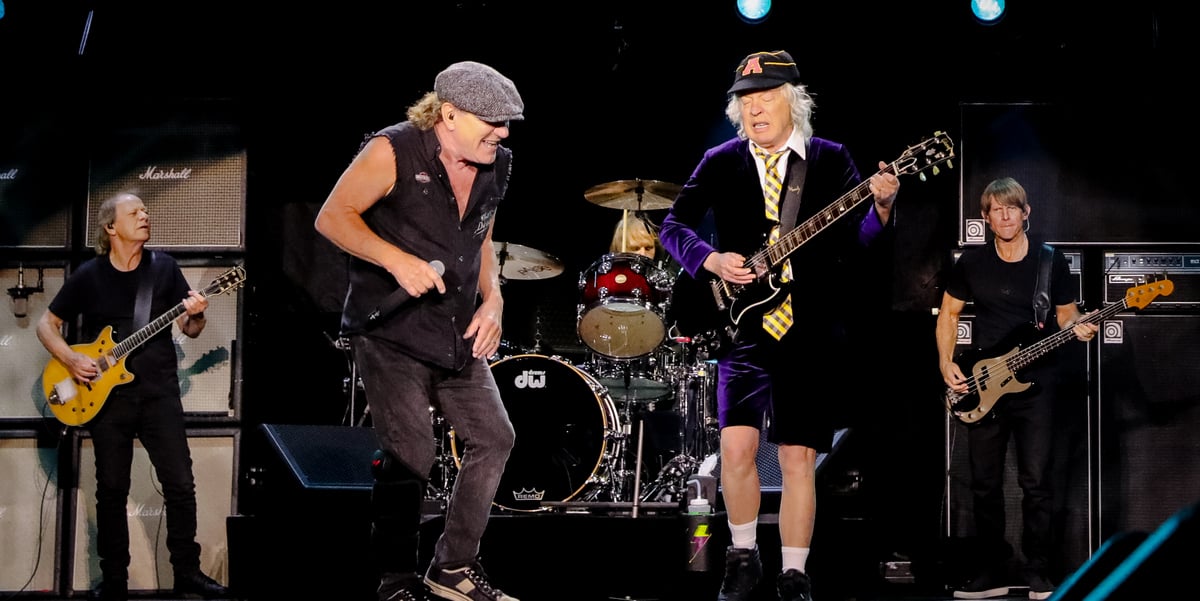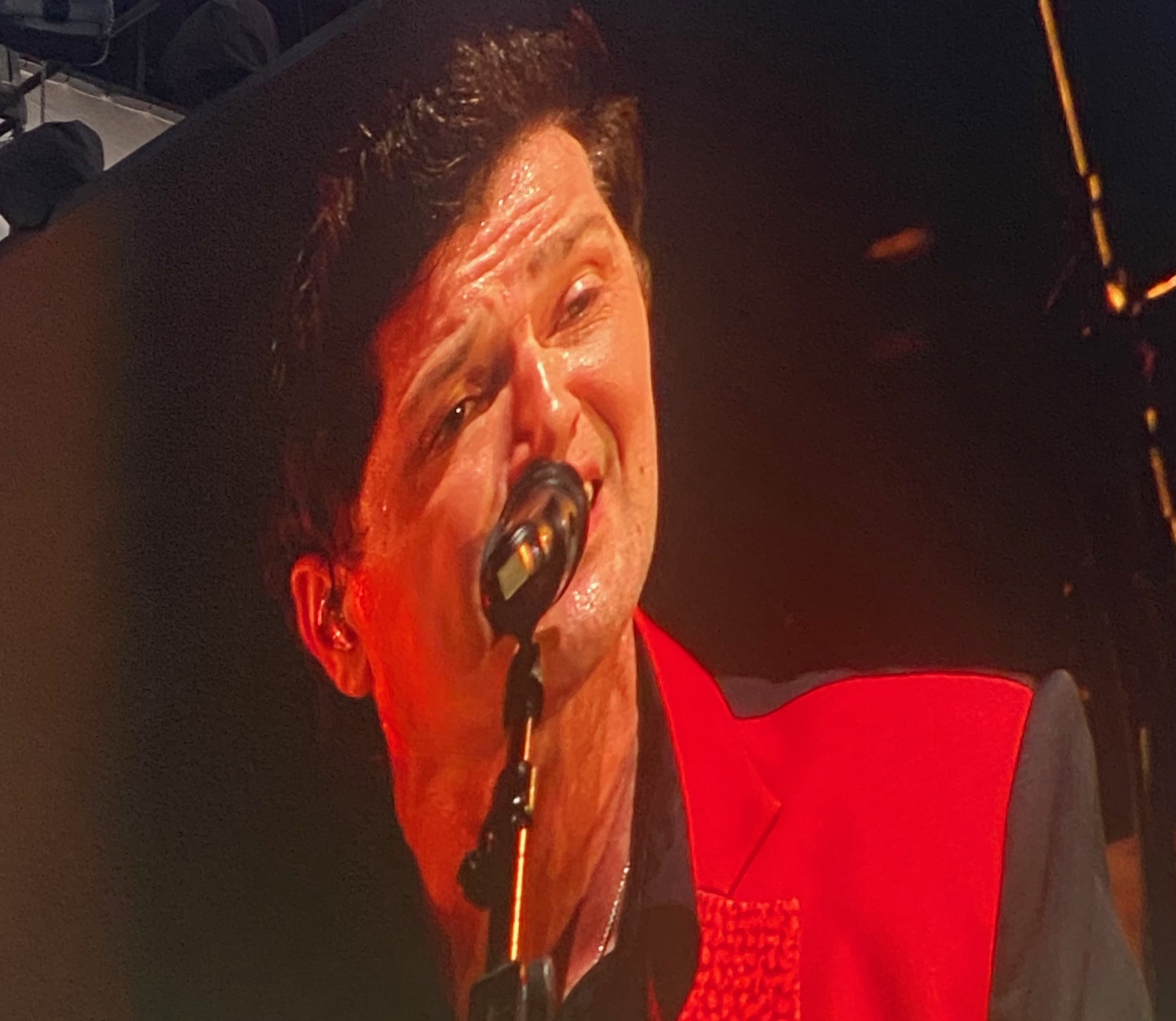28 Days Later: How Danny Boyle's Horror Classic Re-Ignited the Zombie Apocalypse – And Why You Should Watch It Now
Welcome to our Cheat Sheet series, your go-to guide for understanding iconic films and shows. This time, we're diving deep into 28 Days Later, the British horror film that single-handedly breathed new life into the zombie genre. Remember a time when zombies were slow, shambling creatures? 28 Days Later flipped that script on its head, ushering in a new era of fast, furious, and terrifying undead.
Before 2002, zombie films were largely defined by George A. Romero's groundbreaking work, particularly Night of the Living Dead. While Romero established the rules – slow-moving hordes, a focus on societal collapse – the genre had settled into a comfortable, almost predictable rhythm. Then came Danny Boyle and Alex Garland, with a film that dared to be different.
What Made 28 Days Later So Revolutionary?
The key innovation wasn't just the speed of the infected (though that was certainly a shock). It was the rage virus itself. This wasn't a traditional zombie virus that reanimated the dead. Instead, it turned living people into hyper-aggressive, bloodthirsty monsters driven by pure, unadulterated fury. This subtle but crucial distinction elevated the film beyond a simple monster movie.
The film’s opening sequence is legendary. The frantic, disorienting shots of an empty London, punctuated by the terrifying sight of infected individuals, immediately establish a sense of dread and urgency. It's a masterclass in building suspense and delivering a visceral, terrifying experience.
Beyond the Horror: A Commentary on Society
28 Days Later isn't just about scares; it's also a sharp commentary on contemporary society. The film explores themes of isolation, paranoia, and the fragility of civilization. The breakdown of social order, the desperation for survival, and the moral compromises people make in extreme circumstances are all explored with chilling realism.
The film's bleak portrayal of humanity, both infected and uninfected, is what truly sets it apart. It forces viewers to confront uncomfortable questions about our own capacity for violence and the potential for societal collapse.
The Legacy of 28 Days Later
28 Days Later’s impact on the horror genre is undeniable. It paved the way for a wave of fast-zombie films, influencing everything from Dawn of the Dead (remake) to World War Z. It also revitalised interest in British horror, proving that thrilling, intelligent horror could be made outside of Hollywood.
If you're looking for a film that will keep you on the edge of your seat, challenge your perceptions, and leave you questioning the nature of humanity, 28 Days Later is a must-watch. Consider it a foundational text of modern horror – and a reminder that the apocalypse might be faster and more terrifying than you think.
Watch the Trailer!
Have you seen the trailer? It's a brilliant piece of marketing that perfectly captures the film's intensity and atmosphere. Click here to watch!





